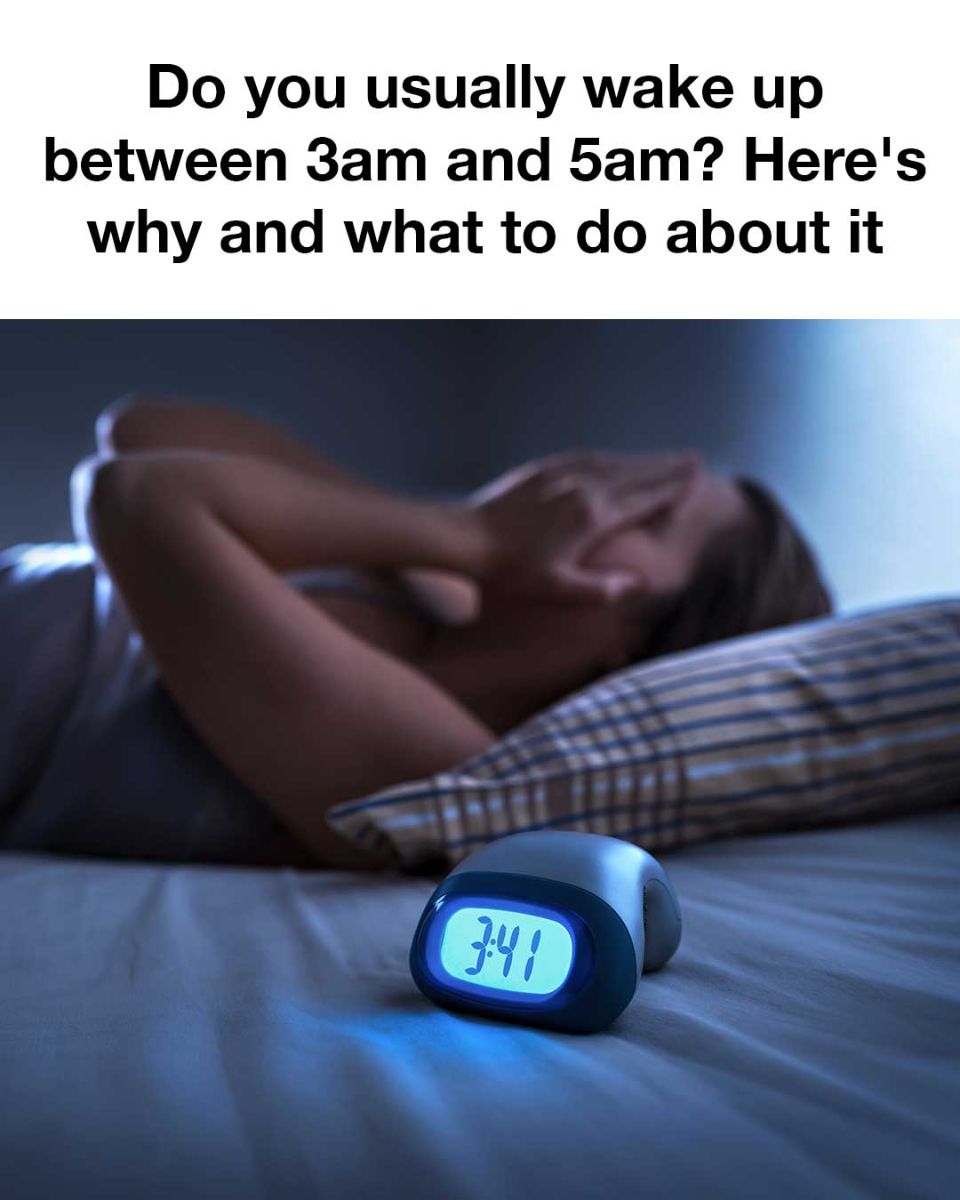Waking up in the middle of the night can be a frustrating experience, especially when it happens frequently between the hours of 3am and 5am. While occasional disturbances in sleep are common, consistent early-morning waking can disrupt your sleep cycle and impact your overall well-being. Understanding the reasons behind this phenomenon, as well as finding effective strategies to address it, can help you achieve a better night’s rest. In this article, we explore the science of sleep cycles, common causes for early waking, and actionable steps to improve your sleep quality.
The Science Behind Sleep Cycles
Human sleep is divided into cycles, typically lasting about 90 minutes each, comprising various stages—from light sleep (non-REM stages 1 and 2) to deep sleep (non-REM stage 3) and rapid eye movement (REM) sleep. During a typical night, you experience several of these cycles. The early morning hours (3am to 5am) usually encompass light sleep and REM sleep, periods when you are more easily awakened. Disruptions during these stages can lead to waking up and finding it difficult to fall back asleep.
Common Reasons for Waking Up Between 3am and 5am
There are numerous reasons why you might wake up during this specific time frame. These can range from physical health issues and mental and emotional stressors to environmental and lifestyle factors. Identifying the root cause is key to addressing the issue effectively.
Physical Health Factors
Several physical health conditions can cause disruptions in your sleep cycle. For instance, sleep apnea, a condition where breathing repeatedly stops and starts, can lead to frequent awakenings. Other issues, such as pain from chronic conditions (arthritis, fibromyalgia) or the need to urinate (nocturia), can also interrupt sleep. Hormonal changes, particularly in women going through menopause, can also result in nighttime awakenings.
Mental and Emotional Causes…
Next Page

